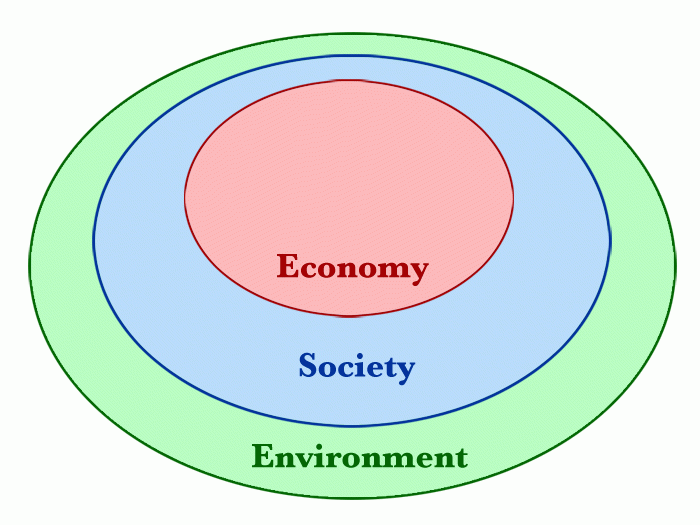
Why should we care about sustainability accounting standards? Who benefits from them? What are the goals of these standards? How do they measure the three Ps of sustainability: people, planet and profit? These are important questions to ask in assessing the value of sustainability accounting.
Standards are needed in part because the Governance and Accountability Institute reports that 85 percent of the companies in the Standard & Poor’s Index of published sustainability reports in 2017. Standardization of information in such reports would go a long way to building integrity into the process and serving the needs of users for non-financial information to complement financial reports.
There is a need to build on guidelines already available for sustainability reporting such as the Global Reporting Initiative (GRI), the most widely used standards for conducting sustainability reports. According to Sustainability Reporting Trends in North America 2017, published by the Center for Sustainability and Excellence, 65 percent of the reports published used GRI standards. GRI relies on key performance indicators that organizations can use to measure and report their economic, environmental and social performance.
It’s been a long time coming, but on November 7, 2018, the Sustainability Accounting Standards Board, an independent body, announced they had published the world’s first set of industry-specific sustainability accounting standards covering financially material issues for 77 industries. The standards are designed to help investors and companies make more informed decisions, better assess material sustainability risks and enhance comparability across industries. The standards are guidelines for reporting sustainability information that are not enforceable by any governmental agency, although the U.S. Securities and Exchange Commission is studying the issue.
For many years the traditional financial reports did not address issues related to the environment and society, focusing instead on the effects on the economy. Now, with sustainability reporting standards, non-financial performance can be assessed as is done with financial performance. This assessment occurs through measurements of the effects of decisions on the environment, social and governance (ESG), issues of importance to investors and other users of financial reports who seek to better understand the relationship between ESG performance and financial performance.
According to an article by Dr. Bob Eccles in Forbes, investors have realized that performance on ESG issues can limit downside risk of not having capital markets to create a sustainable society for future generations and create new opportunities for sustaining long-term value creation. These investors want to practice “ESG integration, which means considering a company’s non-financial performance just as they do its financial performance,” but complain that a lack of useful information hinders their ability to do so.
Sustainability standards can bridge the gap between what investors need to make decisions with respect to ESG issues and what companies disclose in their financial reports. I am not suggesting requiring such disclosures in financial reports, at least not just yet until companies have gained experience with such disclosures. By experimenting with ESG disclosures companies can learn what information meets user needs and builds confidence in the reporting system and what information comes up short.
A good starting point is to utilize “triple bottom line” (TBL) reporting, a term first coined by John Elkington in 1994. TBL links to the three Ps by addressing three broad areas affecting society: economic, including financial reporting; ecological, including the environment; and social, including social responsibility.
Accounting for these factors are increasingly part of every manager’s job and a necessary part of organizational disclosures. TBL is consistent with the broad stakeholder perspective of corporate social responsibility, which entails broadening the group of users of financial and non-financial information to include not only shareholders but also creditors, employees, the community, the environment, government and society.
Financial reporting is a moral practice because the financial reports say something about the financial position, results of operations and the cash flows of organizations that is relied on by investors and creditors. Reporting non-financial information that addresses ESG meets the needs of a broader user group and should benefit from sustainability accounting standards by building trust into the reporting system.
Accountants who prepare financial reports have an ethical responsibility to ensure they serve the public interest, honor the public trust, and meet the needs of the investing community. It’s time to add non-financial information to the mix and hold accountants to the same ethical standards. Sustainability accounting standards can go a long way to meet those obligations.
Image credit: Sunray Iacchus/Wiki Commons
Steven Mintz is a Professor Emeritus from California Polytechnic State University in San Luis Obispo. He received his doctoral degree from The George Washington University. Dr. Mintz blogs on ethics issues under the pseudonym “ethicssage.” He received the Accounting Exemplar Award from the Public Interest Section of the American Accounting Association in 2015.














